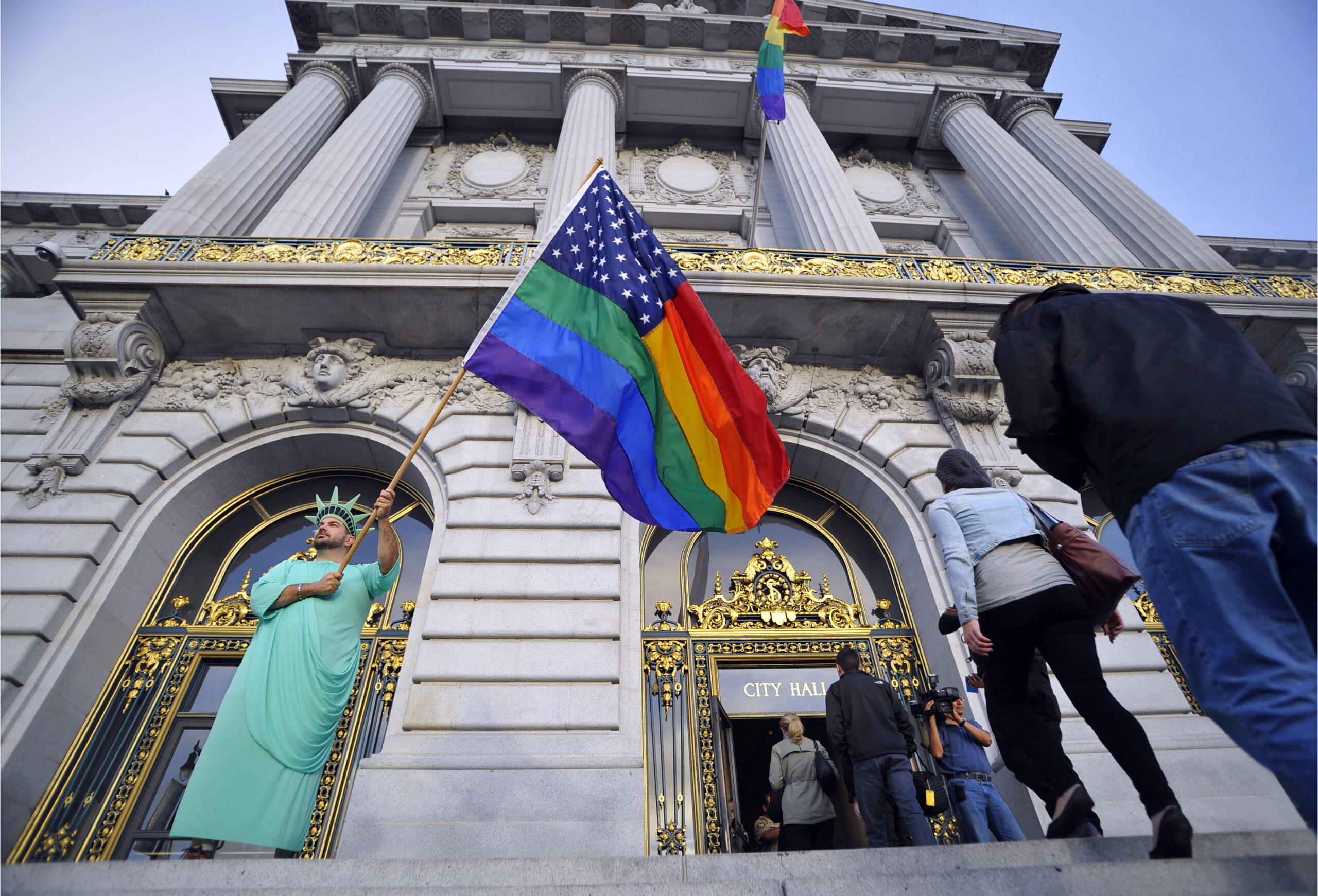Topic: LGBTQ Refugees
LGBTQ refugees, asylum seekers, and other forcibly displaced people face discrimination worldwide, including barriers to employment, education, safe housing, legal status, and health care. HIAS helps LGBTQ refugees access their rights and rebuild their lives in dignity.
34 results
Jun 24, 2021
WATCH: I Never Thought It Will Happen to Me
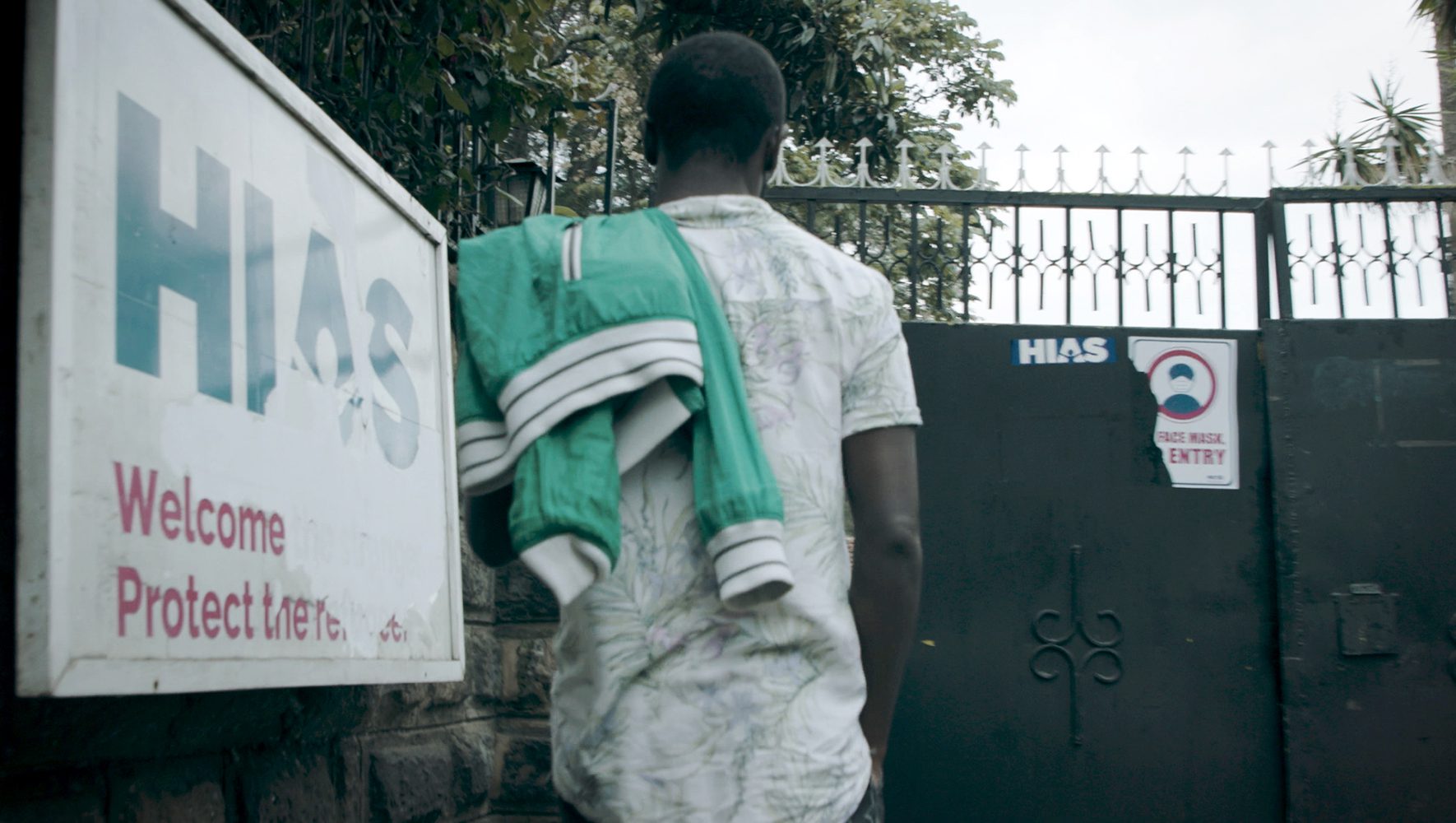
Jun 17, 2021
WATCH: To Start Another Life, Free
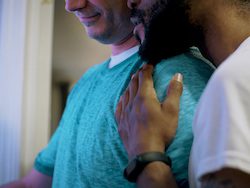
Jun 16, 2021
‘Am I Going to Make It Until Tomorrow?’: A Gay Refugee’s Escape from Persecution
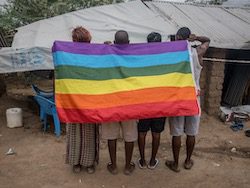
Jun 7, 2021
Let Me Tell You Why I Think of Adam During Pride Month
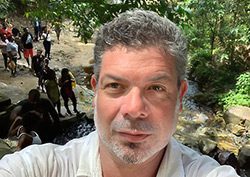
Jun 1, 2021
How HIAS Came to Work With LGBTQ Refugees
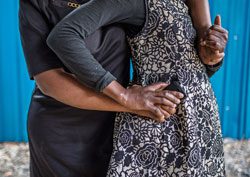
Jun 25, 2020
Briefing: In Search of Safety — LGBTQ Refugee Protection and HIAS
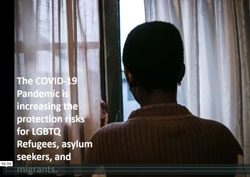
Jan 10, 2020
GBV Social Support Group Brings Healing for Refugees
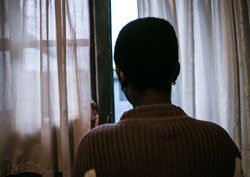
Jun 16, 2017
Protecting Refugee Survivors of Sexual and Gender Based Violence
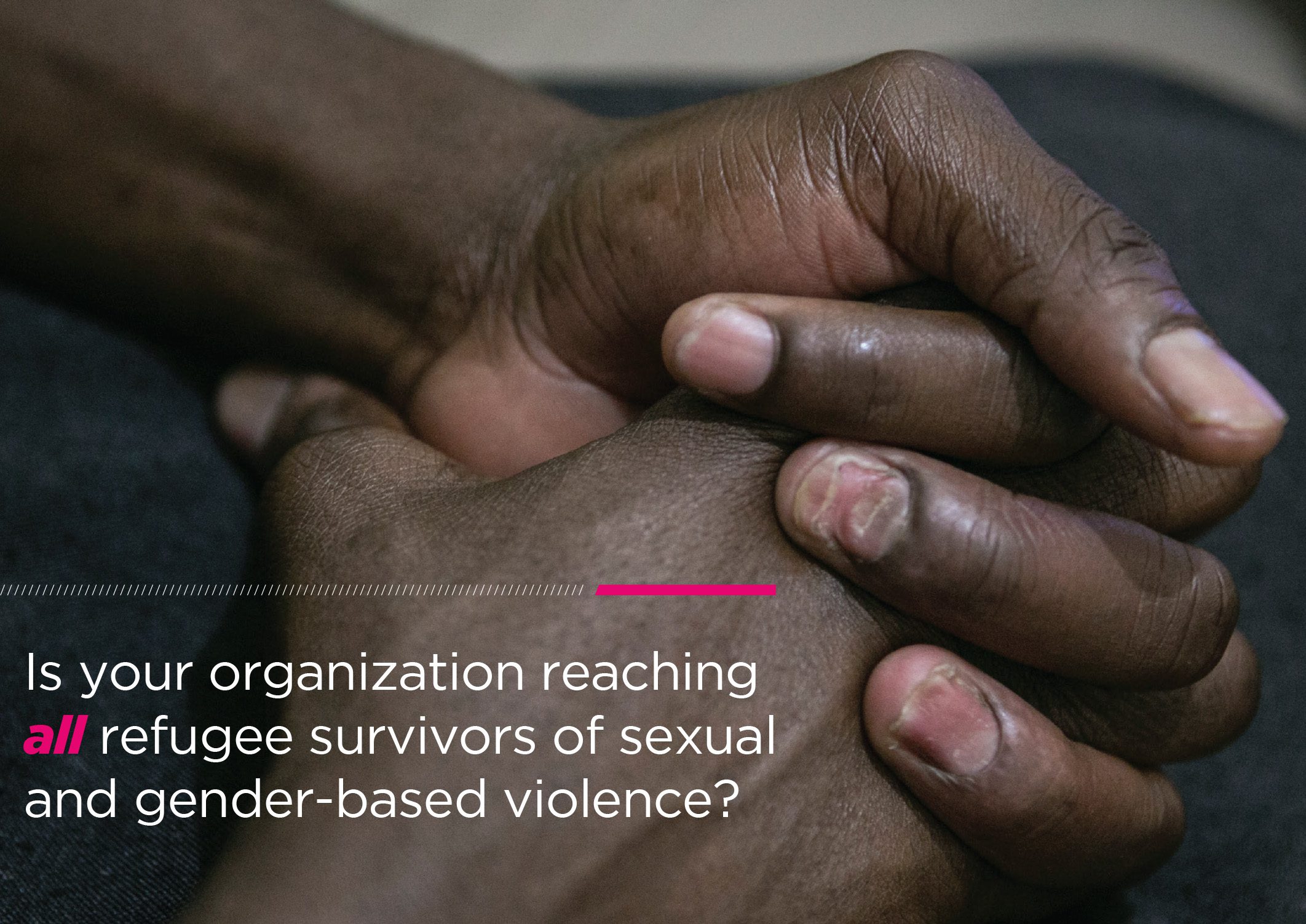
Sep 12, 2016
The Coolest Handbags We’ve Ever Seen Were Made by This LGBT Refugee
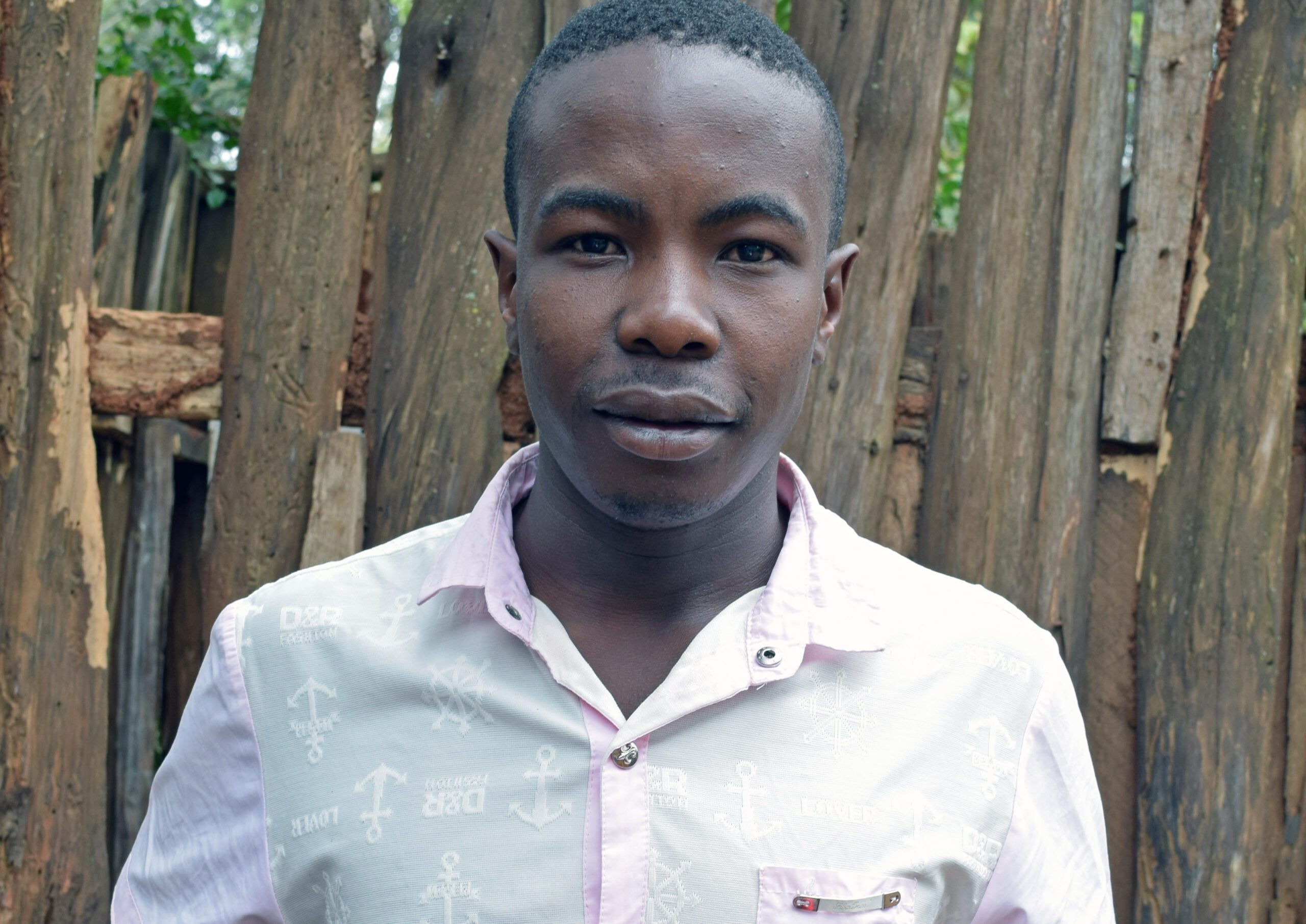
Oct 22, 2015
U.S. Recognizes Equality of All Life Partners for Refugee Family Reunification
